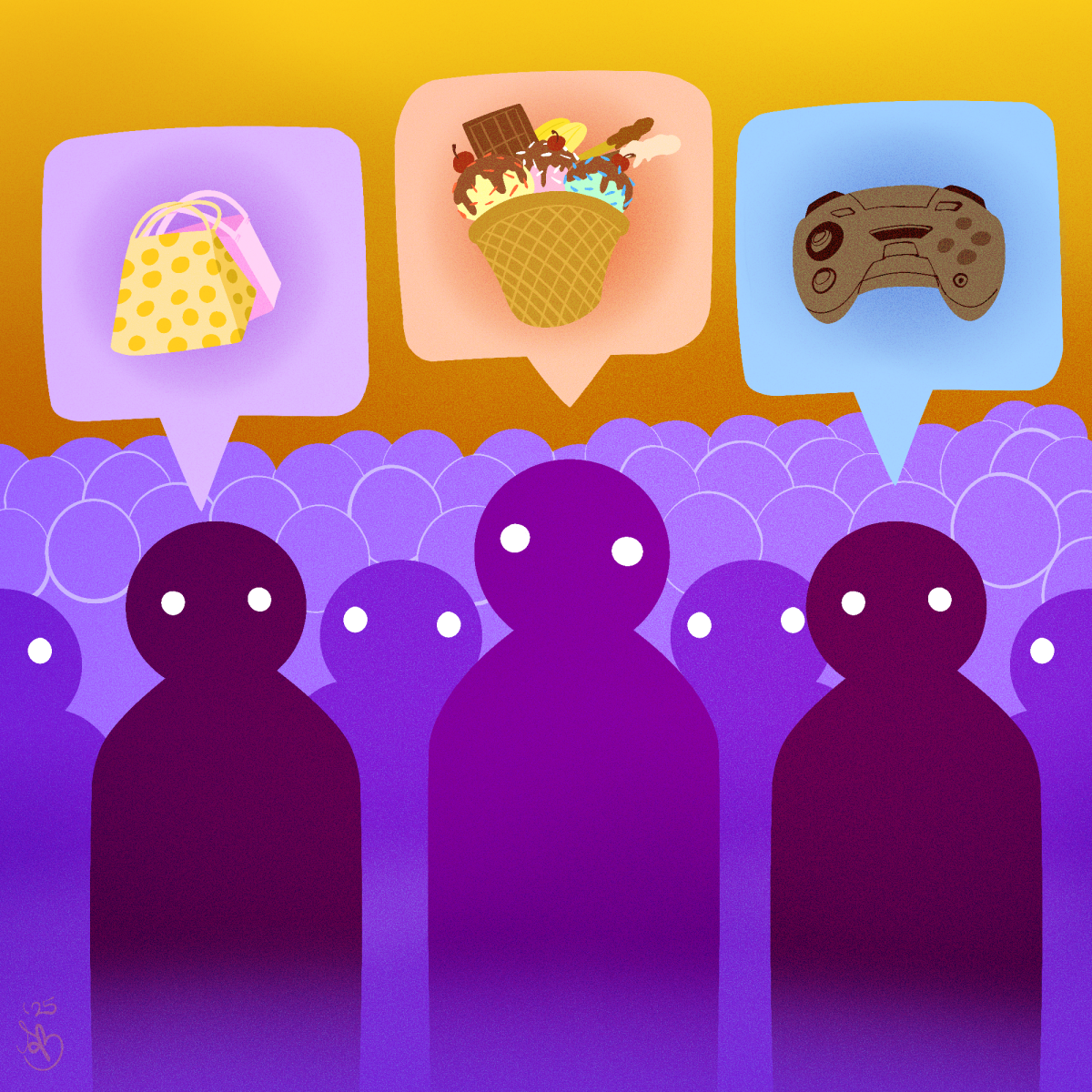Consuming energy drinks and coffee daily is a normal, if not an essential occurrence among college students. At universities, caffeine consumption is so normalized that it can be easy to drink an excess amount. According to the National Institute of Health, an overwhelming 92% of college students rely on caffeine for their daily activities.
While the immediate benefit of alertness is undeniable, do the risks associated with caffeine affect you in the long run? How much is too much?
Caffeine has many health benefits in low doses. According to the American Medical Association, low doses of caffeine can help reduce symptoms of depression, aid exercise performance and inhibit weight gain. Doctors have praised the benefits of caffeinated drinks like coffee and tea, but recommend drinking them in moderation and avoiding energy drinks.
The U.S. Food and Drug Administration recommends that a healthy adult should drink no more than 400 milligrams of caffeine within a period of 24 hours, which is about two 16-ounce energy drinks (depending on the brand) or four 8-ounce cups of black coffee.
If you exceed this limit or you consume this amount all at once, you are at an increased risk of uncomfortable side effects, such as heart palpitations, headaches and a laxative effect.
The normalization of excess caffeine consumption, along with energy drink companies intentionally hiding the caffeine content of their drinks in the small print of labels, has led to students requiring medical treatment and has even been fatal. In 2022, an Ivy League student with a heart condition died after consuming a large cup of Panera’s Charged Lemonade, unaware of the amount of caffeine that was actually in the drink, according to NBC News.
The consensus among medical professionals is that caffeine is not inherently bad, and in fact has many benefits when used in small doses, but needs to be consumed in moderation.



































